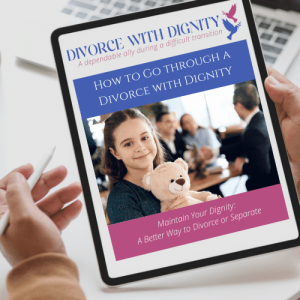This article is reprinted with permission of Joann Babiak, Attorney and Mediator, helps people in the greater SF Bay Area to address family law and small business needs. Email her at jubabiak@aol.com
It’s becoming common for older people in romantic relationships simply to live together. Marriage may seem unnecessary. However, couples that live together do not have the same legal rights as married couples.
Consider some possible scenarios. You’ve lived together for 15 years. He moved into your place. You never married. But what if he had a stroke and was unable to make health care decisions? What if you died without a will? He could be forced to move. Is that really what you would want?
Or maybe you bought a house together in Tahoe. One of you made the down payment, and then you split the mortgage. You decide the relationship’s over. Now what?
It’s important to address three key issues:
• Health care decisions
• Estate planning and disposition of assets upon death
• What protection is needed if the relationship ends
Making health care decisions
If your partner is unable to make health care decisions and you are neither family nor spouse, you may have no legal authority to act. You might have limited visiting rights, preventing you from being there through the ups and downs. You can address these kinds of issues by creating durable powers of attorney for health care and financial matters, as well as advance health care directives.
Planning your estate
What about the disposition of assets? As in the example above, if the owner of the home dies without a will, the property most likely goes to the next of kin (perhaps the kids), and the surviving partner could be forced to move.
If the partner had substantially less wealth and you have not put legal protections in place, your passing puts him in a position of hardship. State law dictates the property rights of a surviving spouse, but does nothing for the surviving member of an unmarried couple. Consult with an estate planning attorney to put the protections of a will or trust in place, specifically designating your beneficiary.
Getting it in writing
According to attorney and mediator Joann Babiak, “Ideally, before moving in together, make sure you put a written agreement about your property in place — you can always revisit and make changes to your understandings as time goes on.” Like with the Tahoe example, buying property together complicates things. Whose name is on the title? Who owns what percent? How can the value be fairly divided if these issues aren’t clearly spelled out?
Expensive gifts given during the relationship can be tricky, too. Written proof that an item was a gift will avoid dispute.
These are just a few instances in which a couple would benefit from a written agreement.
While living together seems simpler than getting married, in many ways it is not. There are all sorts of reasons not to marry. Maybe you’re afraid of the commitment. Cohabitation relieves you of uncomfortable conversations around money. But living together still requires intimate discussions about money, property and health care decisions. And you should have a written agreement in case you split up.
Entering a committed relationship without changing your legal status has implications. You must weave your own safety net. Consult your attorney, estate planner or financial planner for help in these delicate discussions. It can make all the difference in the world.


